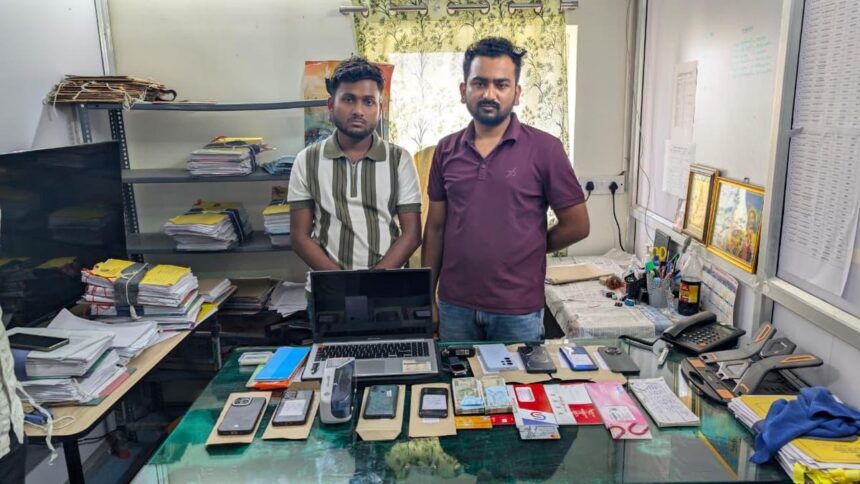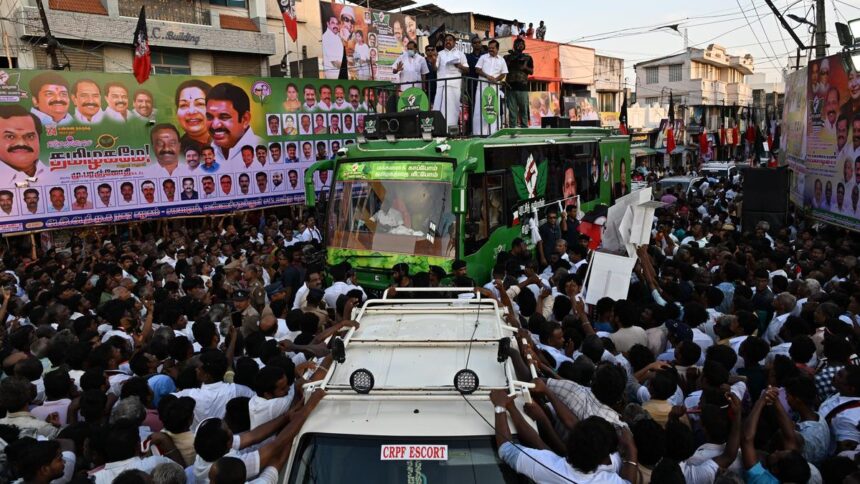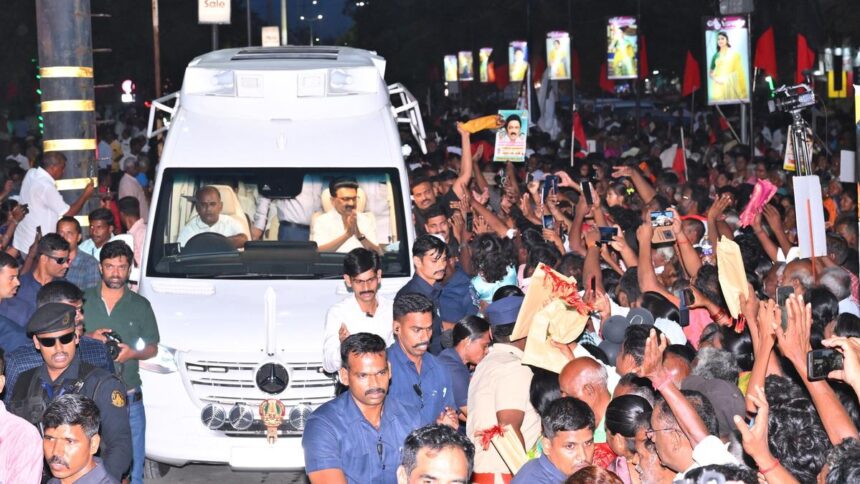Delhi Development Minister Kapil Mishra on Wednesday said the government will implant microchips in nearly 10 lakh street dogs in the city in collaboration with the United Nations Development Programme over the next two years.
The decision was made at a meeting of the Delhi Advisory Board for Animal Welfare, which reports to the Development Ministry. Senior officials from the Animal Husbandry Department, the Municipal Corporation of Delhi (MCD), and other agencies concerned were also present at the meeting.
“Ahead of World Rabies Day [September 28], it was decided that comprehensive measures would be undertaken in Delhi for rabies control. These include microchipping of dogs, preventing dog-bite incidents, and digitising the vaccination process. Special emphasis was placed on strengthening rabies control and dog population management through microchips,” read a government statement.
The Minister directed that a dog census be conducted at the earliest to ensure accurate data and informed planning.
MCD Standing Committee chairperson Satya Sharma, who also heads the subcommittee on stray dog management, said the civic body had held deliberations at a meeting last month on implanting microchips in strays and received suggestions from various stakeholders.
The corporation is responsible for leading the rabies control programme in the areas under its jurisdiction, which covers over 90% of Delhi.
A municipal official estimated the cost of each chip to be around ₹200.
“These chips will store key details, including the animal’s vaccination and sterilisation history,” said the official, adding that handheld scanners worth ₹4,000 would have to be procured to read data embedded in microchips.
The hardware
Addressing reporters, Mr. Mishra said the government will soon make the registration process for pet shops mandatory. He added that a separate monitoring committee will be set up to ensure compliance.
“A detailed advisory will be drafted soon, clearly outlining guidelines on pet shop registration, as well as those on rabies control, microchipping of strays, prevention of dog bites, and the role of monitoring committees in the process. In addition, social media would be used more actively to enhance awareness and participation,” said the Minister.
Mr. Mishra said all related rules will be implemented soon, and every regional committee will be activated to ensure monitoring and action at the local level.
Bengaluru programme
A similar programme to regulate the population of stray canines is being implemented in Bengaluru. The Bruhat Bengaluru Mahanagara Palike Animal Husbandry Department has chalked out a detailed plan earmarking ₹60 crore for stray dog management in 2025–26.
The civic body is preparing tenders worth ₹3.23 crore for microchipping stray dogs after conducting a pilot project in which microchips were implanted in 500 stray dogs.
Delhi has reported 26,334 dog bite cases this year and 49 rabies cases as of July 31, according to MCD data.
On August 22, the Supreme Court modified its August 11 suo motu order asking agencies in the National Capital Region to capture stray dogs and relocate them away from public places. In the latter order, the court had directed that the animals be released into the localities from which they were captured after being sterilised and immunised.
Published – September 11, 2025 01:41 am IST




















